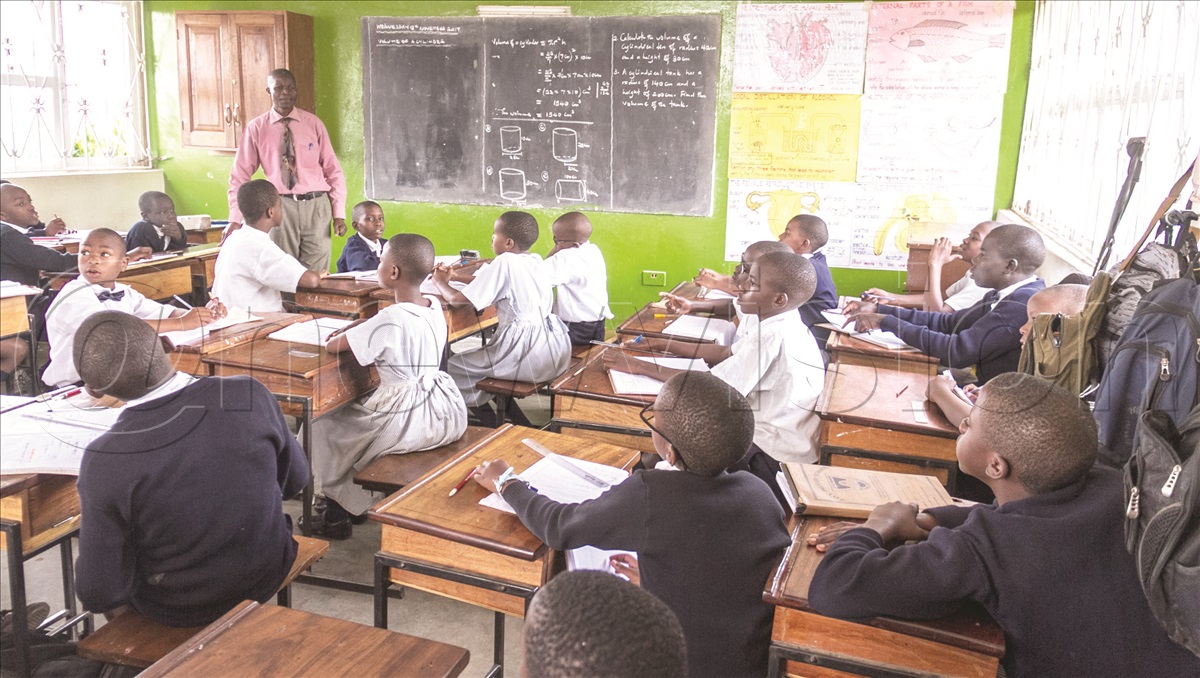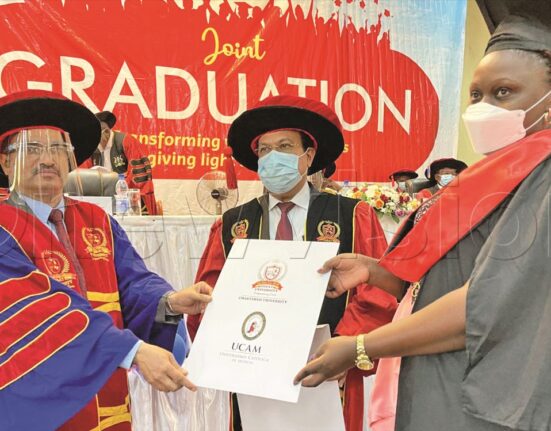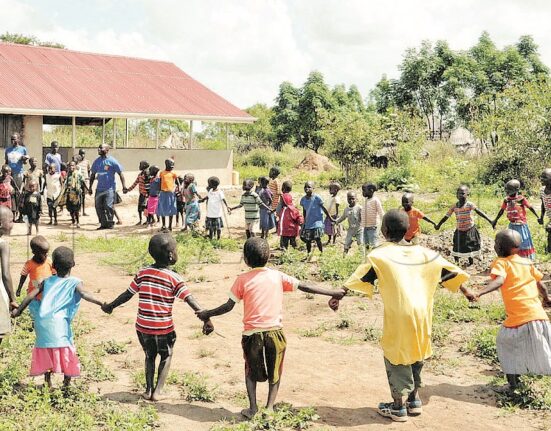(This article was first published in the New Vision on July 21, 2021)
By Ass. Prof. Mesharch Katusiimeh (PhD)
School headteachers, had it not been for COVID-19 sweeping through the country, would now have been set to converge in Kampala for the Senior One and later Senior Five selection exercise. This exercise also takes care of students joining tertiary institutions.
However, due to the pandemic, this exercise will be held later, based on what the First Lady and education minister, Mrs Janet Museveni, announced.
However, regardless of the day this event is held, it needs a serious and quick overhaul for reasons I will expound on in this article.
Uganda, like many other countries in the world, uses examinations as a means of placing successful students in various secondary schools in the country. These examinations are conducted annually at the end of the primary education level.
The Government recently released the 2020 Primary Leaving Examinations (PLE) results, and, as expected, schools are encouraging parents to apply for admissions.
Of course, there are misgivings from various stakeholders about the release of results during the lockdown without a clear return-to-school schedule. However, that is not what this article is about. My concern is about the national secondary school selection exercise, which is proving to be just a show and, at worst, useless.
Parents invest heavily in the education of their children so that they are admitted to the best schools in the country — those that are motivating, well -equipped, easily accessible, offer a challenging learning environment and with reputed academic records, as well as quality peer groups. Parents and students in Uganda highly value graduating from traditional prestigious schools as evidenced by the fees they are willing to pay.

According to the placement information guide for primary school leavers, 2017 edition, for the secondary school option, the candidate makes four choices following his/ her order of interest. Popular schools always have a large number of applicants, hence the competition for them is also acute and the places are usually filled up with candidates who passed in Division 1, sometimes with aggregate 4-5. Change of choices is not accepted once the entry forms have been submitted for processing by the admission committee of the education ministry. If a student is unhappy with their placement, they can apply directly to an alternative school and their admission is at the discretion of the head of the school, provided that vacancies are available.
A vacancy in a school is open to a direct applicant only if a student who was admitted to the school does not turn up at the start of the school year. However, there is a problem here. All schools are supposed to be given 100% of students to be admitted in a bid to ensure quality control and that students join schools on merit, based on their performance and choices.
Accordingly, the number of students to be sent to government schools is determined by the number students and classrooms at each school. The statistics department is supposed to inform the education ministry of the number of classrooms a school has and how many students it can accommodate.
However, things are different in practice. Most top schools either lie about the number of students they can accommodate or the education ministry lacks up-to-date data on the capacity of the schools. The ministry can visit the top schools in the country immediately after the selection exercise to verify what I am talking about. This is an open secret and I am sure our education ministry officials know this, too, since their children go to these schools.
This anomaly has bred corruption in almost all top schools in the country. Some of these schools are even fleecing parents with the so-called application and commitment fees. The children of those paying this money ordinarily would have been admitted to the schools they listed as their first choice if at all they were transparent and admitted the right numbers. Why should a top scorer be denied a vacancy in a top school, only for it to later admit those with lower grades?
The practices in the selection and placement of students discriminates against pupils from poor backgrounds. The current system is a distortion of merit, equity and fairness and, as a result, the students are discouraged and frustrated when their aspirations are not met.

Review Selection System
I call upon the Government to review the current selection process to ensure that it does not disadvantage high performing students and also to make the process as transparent as possible, free from the corrupt tendencies that are, unfortunately, becoming a norm in our schools.
If the public continues to believe that the provision of quality schooling favours one social group and if the school system cannot be trusted, it may detract from a nation’s sense of social cohesion, the principal ingredient of all successful modern societies.
The writer is the dean of the faculty of arts and social sciences and associate professor, department of governance, Kabale University.









Leave feedback about this